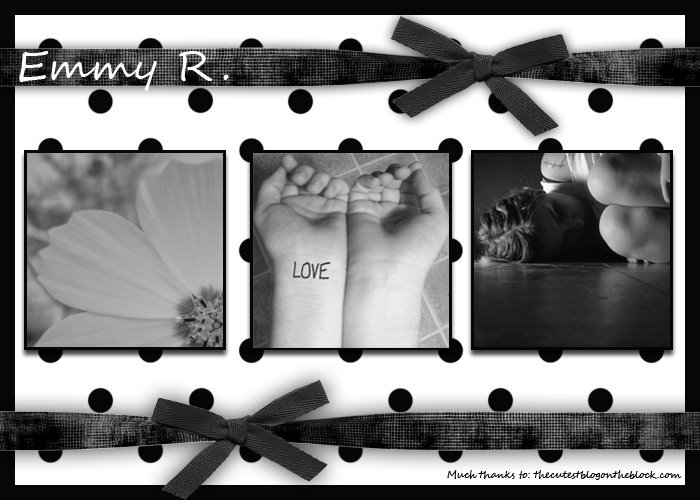What is the Transtheoretical Model of Change?
It is a way to outline how ready a person is to end a negative behavior in their lives.
- Precontemplation – a stage where people are not planning on taking action to change things in their lives. Generally people are not aware that their behavior is a problem
- Personal: I don’t know that I have been in this stage, I think for the most part I knew from the beginning that what I was doing was not ok, hence trying to hide it from the very beginning, however I wasn’t planning on taking any steps to change my actions.
- Contemplation – a stage when people are sort of beginning to recognize that they have a problem, and that they need to change their behavior. The look at the pros and cons of continuing their behavior.
- Precontemplation to contemplation.
- Increasing knowledge about self and problem
- Beginning to express feelings about your problem
- Thinking about how your behavior impacts yourself and those around you
- I think that this stage for me was when I was a sophomore in high school, or year 10. I was realizing that I had an issue and considering the possibility of change.
- Preparation – a stage where people begin to have an intention to take action soon. May make some small steps.
- Contemplation to Preparation
- Thinking about yourself with regards to the behavior.
- This was probably also during year 10. I made personal steps and sought out help from people who also struggled with self-harm via the internet.
- Action – a stage where you make obvious changes in your life and positive change is visible.
- Preparation to action
- Thinking about freeing yourself from your behavior
- Committing yourself to taking action steps
- This was probably the summer after my sophomore year when I first made a step to ask for help with what I was doing. I talked to a youth leader and was not able to tell her everything, but I was seeking out help on a greater level than before.
- I might still be in this stage, or between this stage and the next.
- Maintenance – a stage where people are working on keeping from relapsing. A person could be in this stage for the rest of their lives.
- Action to maintenance
- Substituting thoughts, activities, places, people and things that could influence you to use the old behavior with new things
- Having someone who can help keep you accountable
- Remembering the positive benefits of change
- I could be considered to be in this stage, but not always, because I have relapsed in the recent past, but I am also working towards not relapsing again.
- Termination – This is a stage that some people add on to the model, where a person is no longer tempted to go back to their old behaviors. They are completely sure that they will not go back to their old way of coping.
- I am not sure how this stage fits in to my life. I would love it if I could be here someday, but a large part of me wonders if this is even possible for me.
- Relapse – some people also include relapse as a part of this model, it is not considered a “stage” but rather what happens when someone moves back to a previous stage.

No comments:
Post a Comment